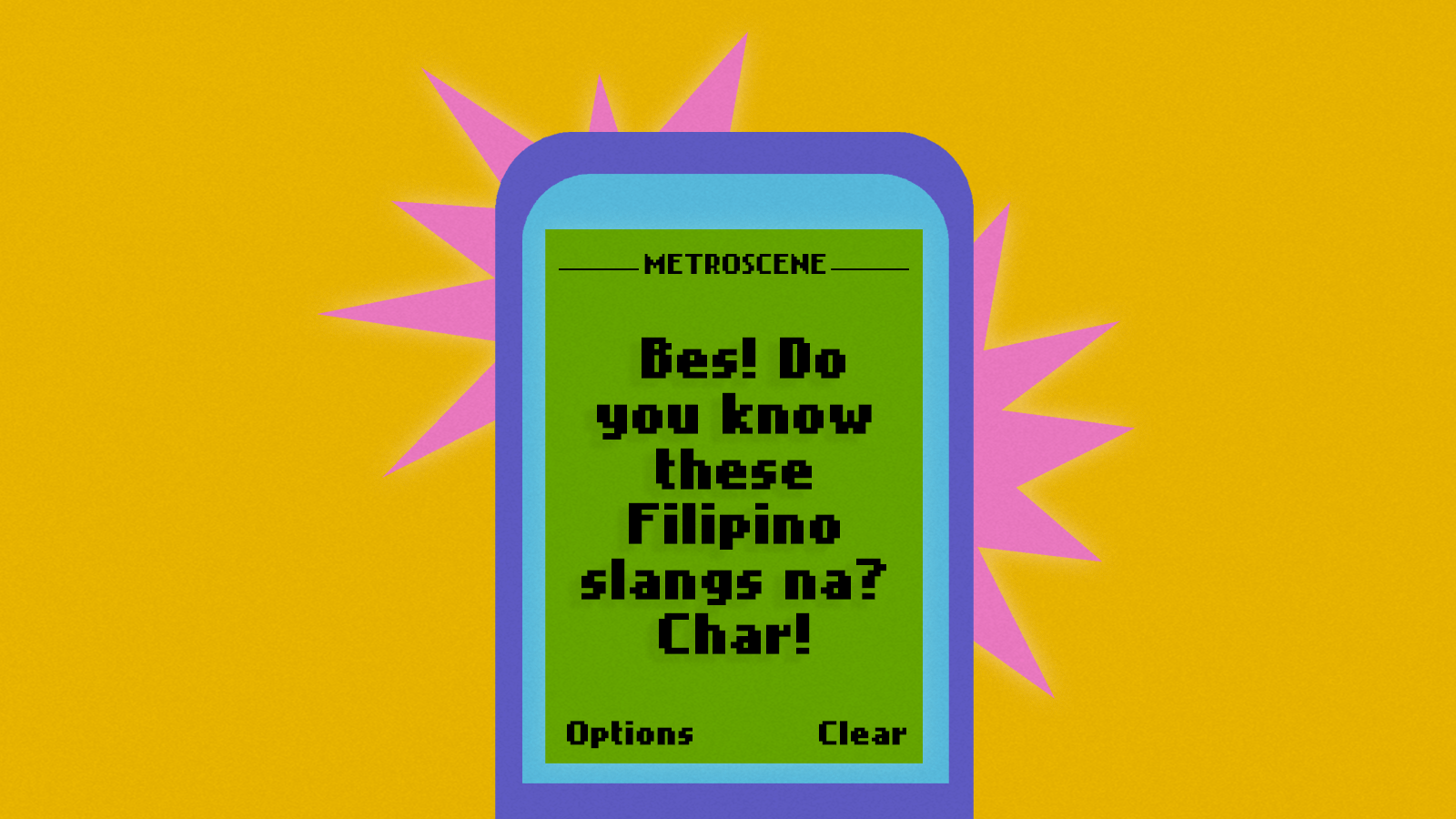There have been many unforgettable barkada series on local TV, like Luv U, Tween Hearts, Let's Go!, and of course, the classics Gimik and Tabing Ilog. And I think I'm not exaggerating when I say that these shows have iconically inspired a whole generation of teenagers and young adults, even helping to shape the culture we have now. Truly, each series is a mirror of its time and a cultural reset.
But it’s been a while since I’ve seen an iconic barkada serye. So when I heared director JP Habac introduce the idea of the Marahuyo Project in one of the episodes of 'Ang Walang Kwentang Podcast', I knew it was set to make a similar impact.
The Marahuyo Project
When the first video introducing the cast of Marahuyo Project dropped almost two years ago. I was really hyped, thinking it's about time we get another barkada series— and the fact that it's not just any barkada series, but a queer romantic coming-of-age comedy series, a first of its kind, at least in the Philippines, makes it even more interesting and important. Fast forward to this year, and finally it is here.
Marahuyo Project is set on the fictional island of "Marahuyo," which is an old Filipino word that means “to be enchanted.” The story unfolds in the seaside provincial town, as King (Adrian Lindayag) returns from Manila. There, he connects with Ino (Neo France Garcia), Venice (Iann Villa), Lorie (Nour Hooshmand), Lili (Yani Hatesu), and Archie (AJ Sison) to establish their university's first LGBTQIA+ organization, much to the disapproval of the university's conservative administration.
As King confronts the traditional beliefs and practices of Marahuyo, he finds connection with Ino, who is also on a journey of self-discovery. Their blossoming romance, along with potential relationships among other members of the group, forms the heart of the story.
The Marahuyo Movement
The magic of these series lies in their profound ability to capture the essence of youth—friendship, love, and the tumultuous journey of growing up—allowing the audience to see themselves reflected in these characters and feel a sense of deep familiarity.
In the case of Marahuyo Project, it goes beyond the usual familiarity and entertainment; it has sparked vital conversations and holds up a mirror to the reality that people in the provinces need more education, not just about the LGBTQIA+ community, but also about the deeper flaws in our culture and society. It courageously tackles old biases, stereotypes, and societal norms that have long been overdue for examination.
This series is not just a show but a movement—a poignant reminder and a vital narrative that both this generation and those that came before us should watch and learn from. It challenges us to rethink our beliefs, empathize with different perspectives, and strive for a more inclusive and accepting society.
Much like I mentioned earlier, every barkada series inspires a whole generation of teenagers and young adults, often shaping the culture of its time. Each series acts as a reflection of its era and a cultural reset, and it's not an exaggeration to say that Marahuyo Project is the barkada series of this generation.
Luckily, Direk JP and Anima Studios intentionally released Marahuyo Project online to make it more accessible to audiences in far-flung regions of the country. The series is streaming for free on the Anima Studios YouTube channel, where you can subscribe and watch it.











